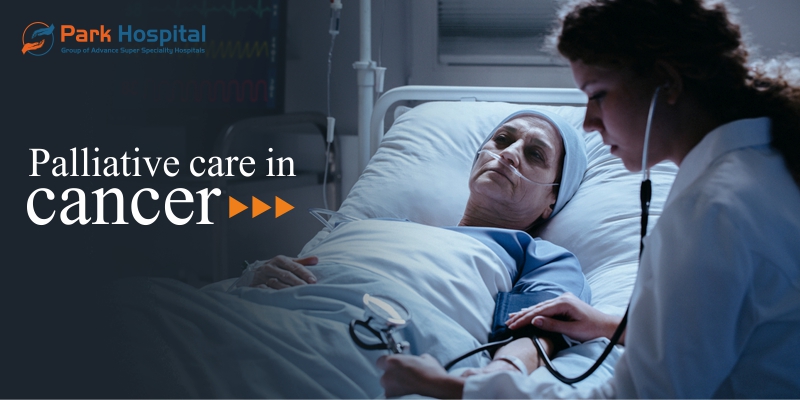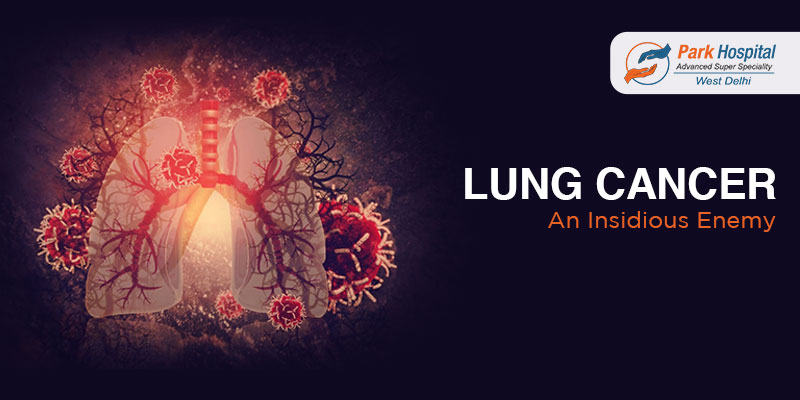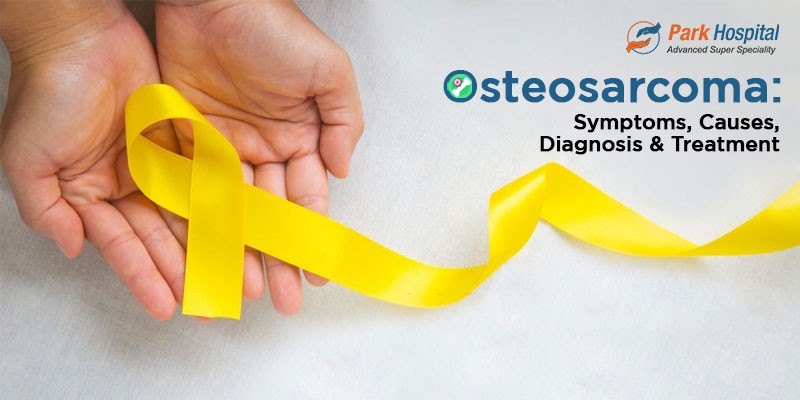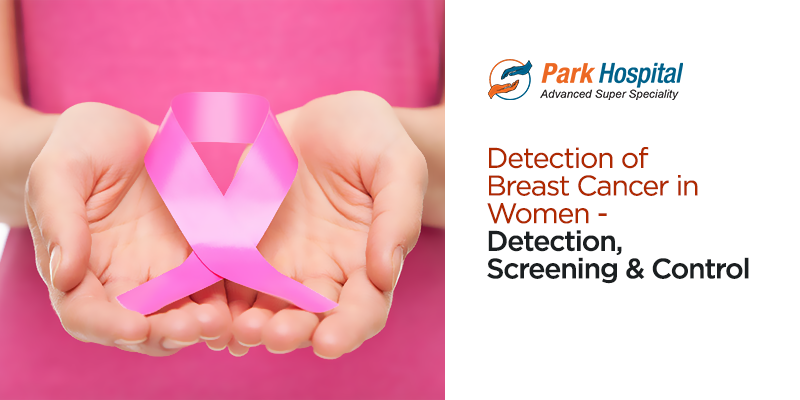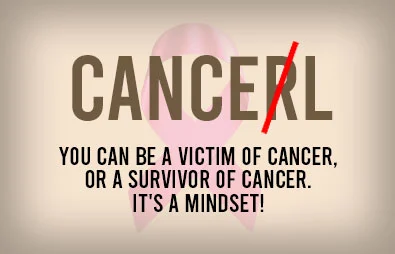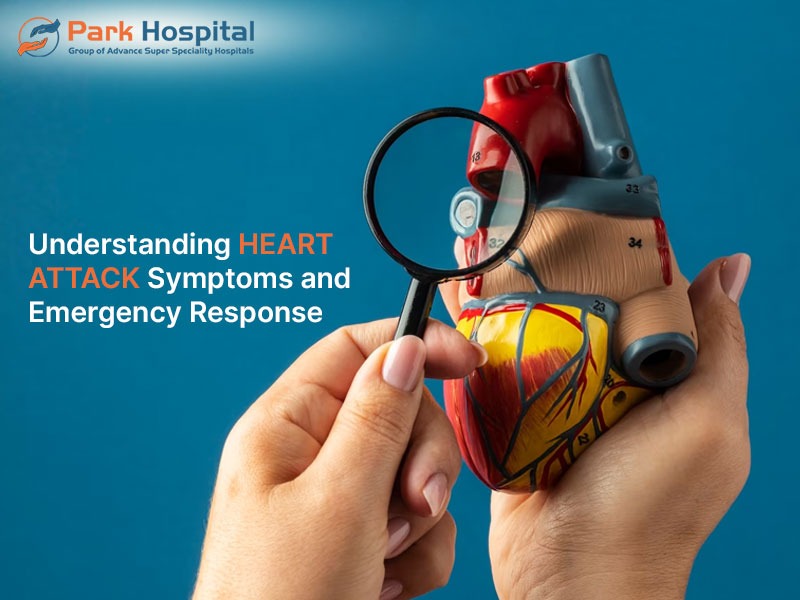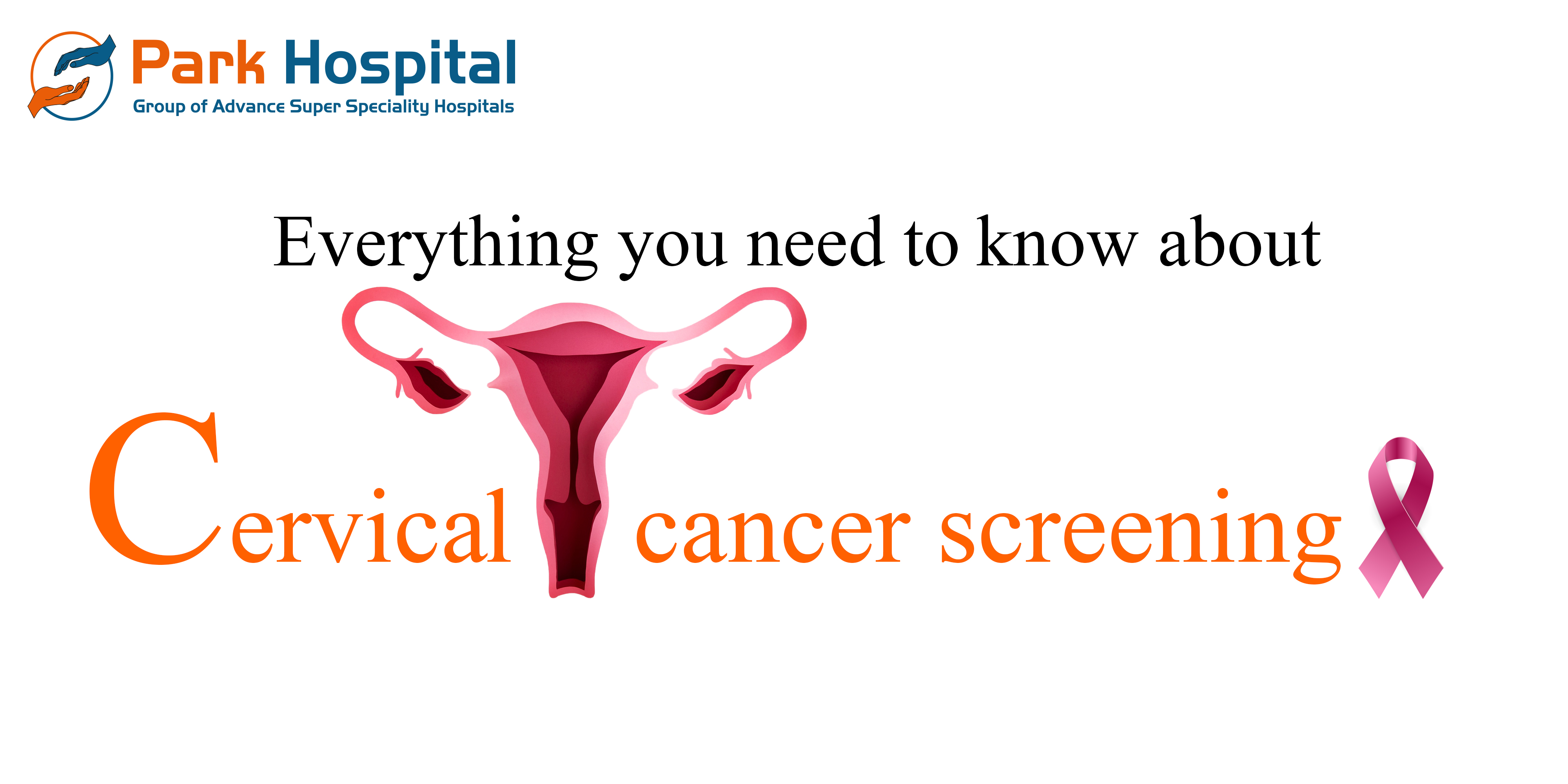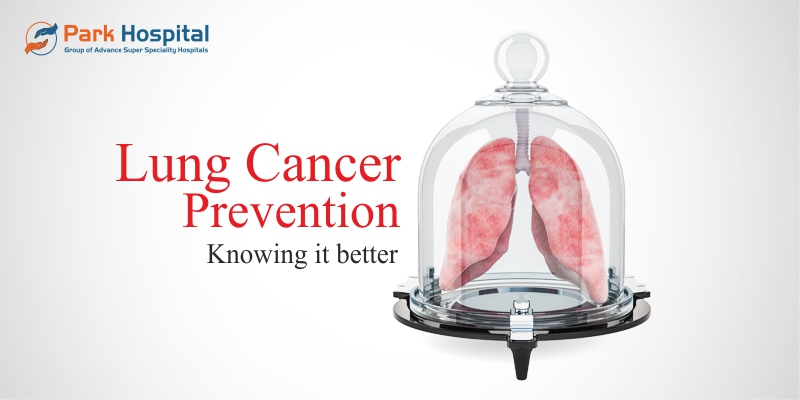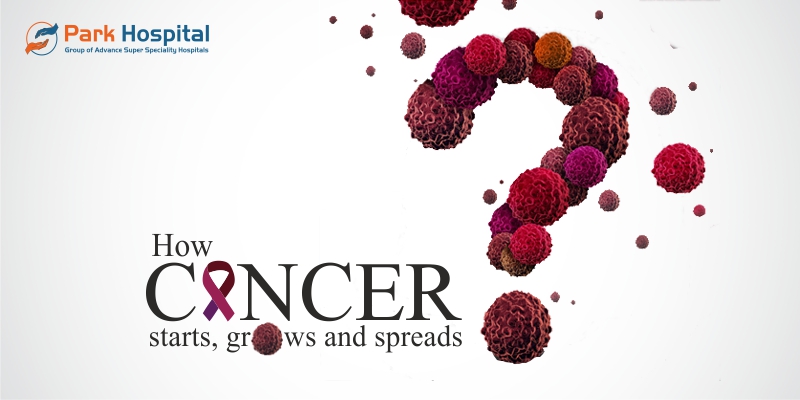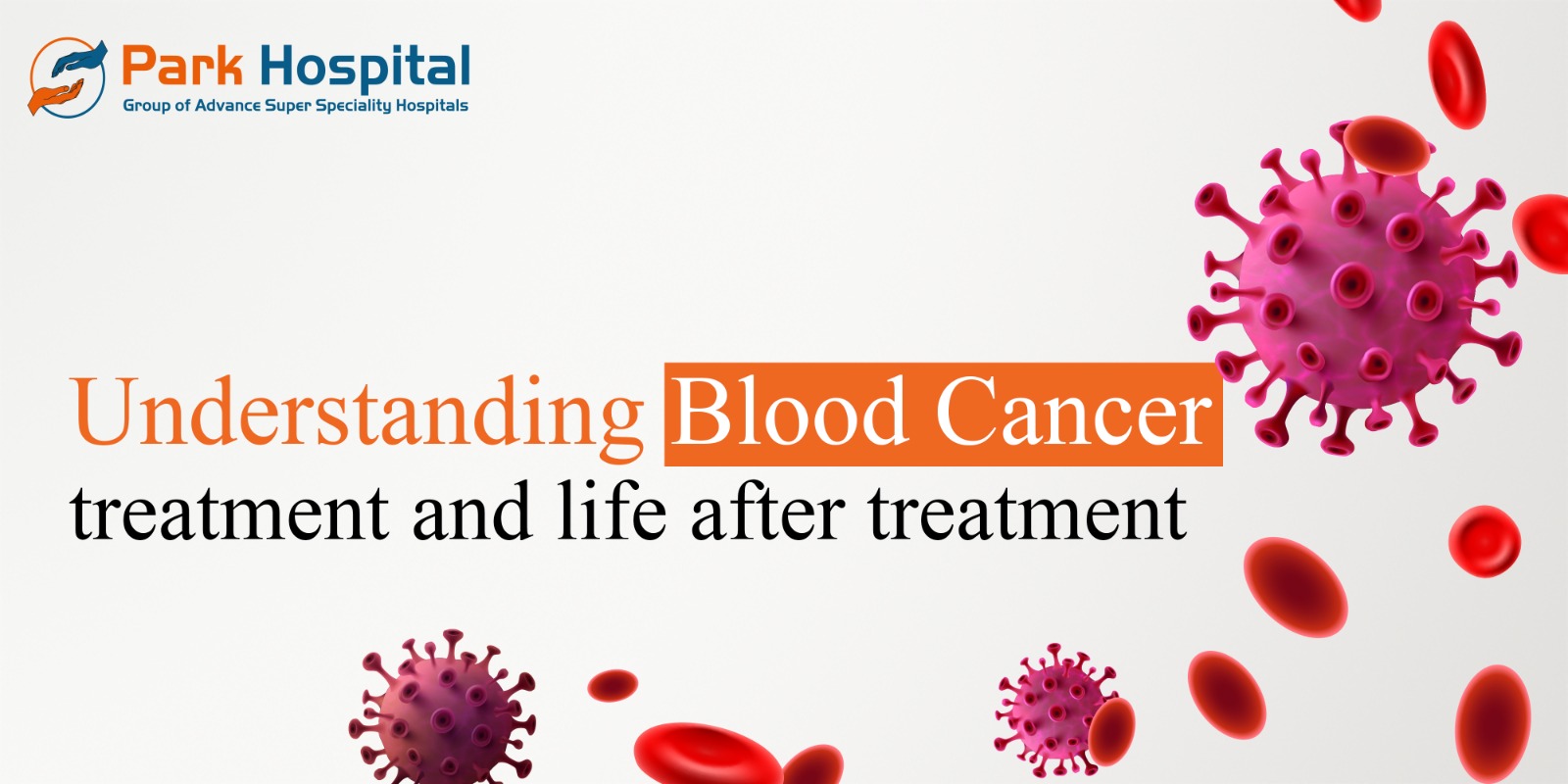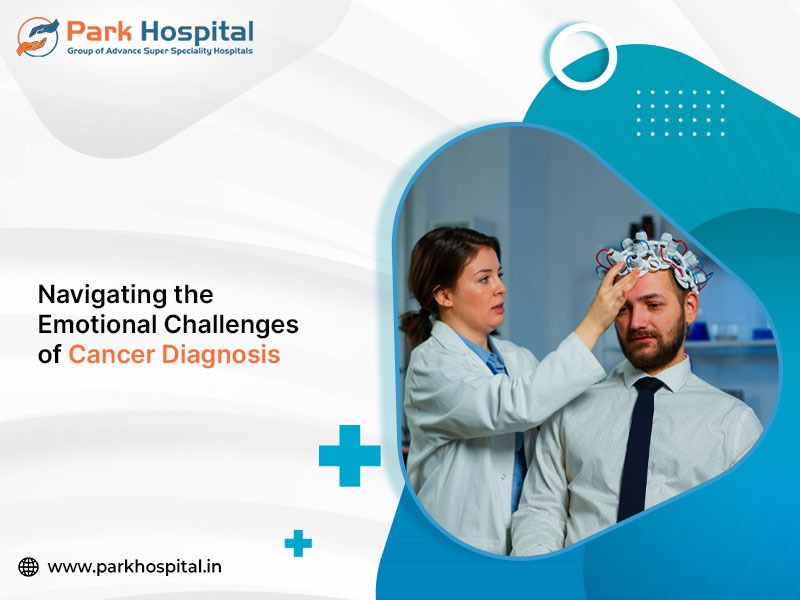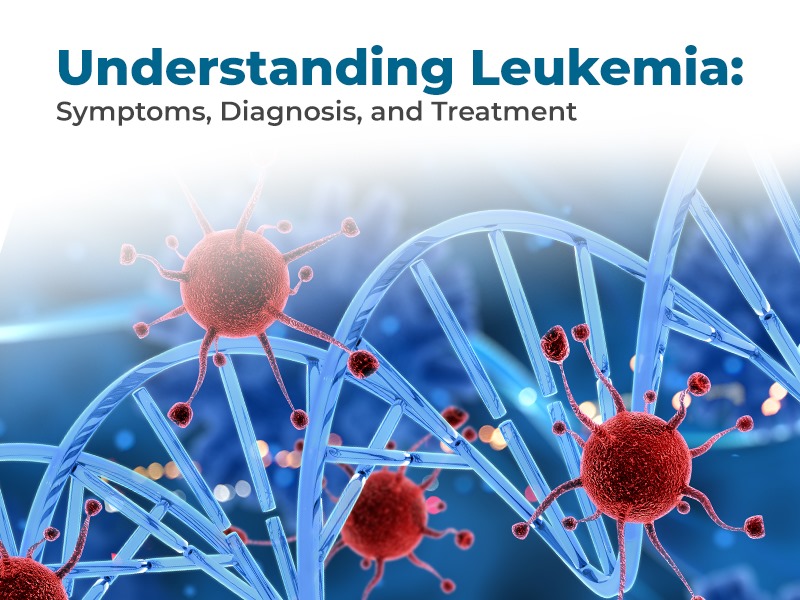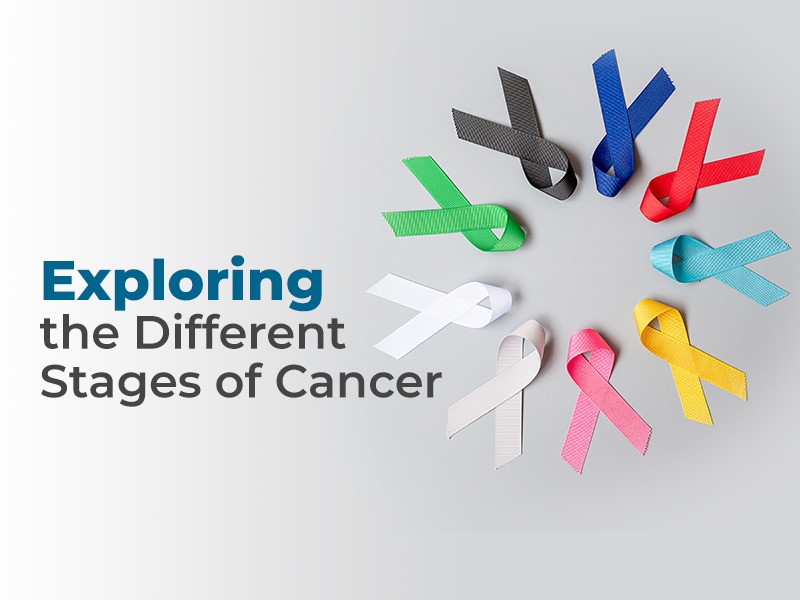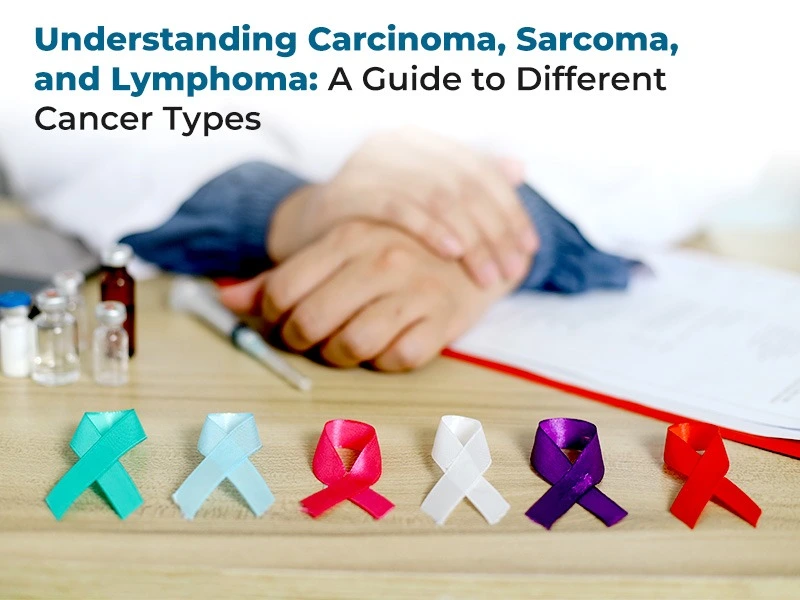What is palliative care in cancer?
While undergoing treatment for cancer, apart from side effects, the patient may experience a deprived quality of life emotionally and socially. Palliative care is meant to treat these effects to improve the patient’s overall quality of life. Palliative care improves outcomes for patients with advanced cancer, including improved quality of life, reduced symptom burden, and improved survival.
What kinds of palliative care are available?
Palliative care includes medication, nutritional changes, relaxation techniques, emotional support, and support for children or families. Palliative care attempts to address various facets of the patient to improve the overall quality of life. The different types of palliative care are as follows –
Social – A social worker can help a patient undergoing treatment in terms of attending to the patient and helping them to have fruitful social interactions.
Emotional – The patient undergoes various emotions like sadness, or anger or is unable to cope with treatment. In such instances, emotional palliative care is certainly helpful.
Psychological – counseling, meditation, and medication that can help relieve anxiety, depression, or sleep problems improve the psychological well-being of the patient who is otherwise affected by treatment. A counselor or a psychologist might be helpful in overcoming such a state.
Physical – The patient experiences a variety of physical side effects such as pain, fatigue, nausea, vomiting, loss of appetite, shortness of breath, and sleep problems. While medications are available for nausea/vomiting, nutrition and some physical therapy can help overcome fatigue.
For the Elderly – palliative care for the elderly is important to address their concerns about the treatment, their side effects, their memory, their quality of life, and various other concerns real or notional of such elderly.
Who gives palliative care?
Palliative care is provided by either palliative care specialists or healthcare practitioners who received additional training in palliative care. The most common misunderstanding is that palliative care is for those patients when there is no cure. On the contrary, it is meant to be offered at any point from diagnosis to treatment and later up to a point that the patient might require such support.
Frequently asked questions about Palliative care ….
Should palliative care be provided along with current treatment?
Yes. Patients with advanced cancer, whether in-patient or out-patient must receive palliative care along with ongoing treatment. Essential components of such palliative care might include rapport building with patients and family caregivers, managing symptoms and distress during therapy, educating patients about illness, and preparing the patient for these side effects, assistance with medical decision-making. In the case of newly diagnosed patients with advanced cancer, palliative care is suggested within 8 weeks of diagnosis.
What are the most practical approaches to palliative care?
The practical palliative care approach is to make assessments (baseline and ongoing) for evaluation of the quality of life, and physical, psychological, and social well-being of the patient. A palliative care specialist helps patients to see a difference through their self-assessments thus improving confidence in the patients.How are palliative care services different from nursing or home healthcare or geriatric services attended by other support workers?
Palliative care services are offered to complement other support services, especially for patients with high symptom burdens, or unmet physical or psychosocial needs.
What kind of palliative care is helpful for family caregivers?
Palliative care services like education and the development of self-care plans offered through face-to-face or telephonic sessions may strengthen family caregivers emotionally and psychologically, especially those attending patients undergoing advanced cancer treatment.
Who might require these palliative care services?
Early palliative care is helpful in patients with advanced-stage malignancies and their caregivers.
Overall Palliative care in cancer patients might play a role in improving the overall quality of life of not only the patient but also their caregivers.
Park Hospital offers comprehensive cancer care and the best palliative care to cancer patients. If you are looking for the best cancer hospital, no need to search further. Park Hospital is the best cancer hospital with expert oncologists.

